
Why Amazon Fresh is using French foods to sharpen Asian e-commerce play
Rising demand for European foods in Asia has prompted Amazon Fresh to expand its European range with French products in this region
News & Analysis on Food & Beverage Development & Technology

Rising demand for European foods in Asia has prompted Amazon Fresh to expand its European range with French products in this region

The next wave of food tech is boosting production through innovation, efficiency and lessons from the past. Explore 3 key technologies – and pitfalls to avoid

Over 80% of China’s schoolchildren are still choosing sweet drinks, sparking calls for tougher control measures

The achievement gives Danone a competitive advantage over the likes of Nestlé and Unilever and is a boon for investor confidence

Singapore’s first AI vending machines cooking ready-to-eat (RTE) meals on demand, 24/7 are targeting global growth
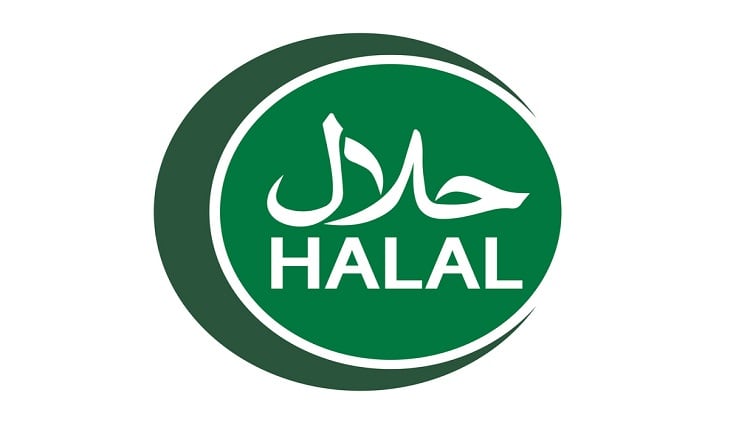
Halal food trade faces challenges in regional, much less global, standardisation – experts outline three key steps to move toward a unified system
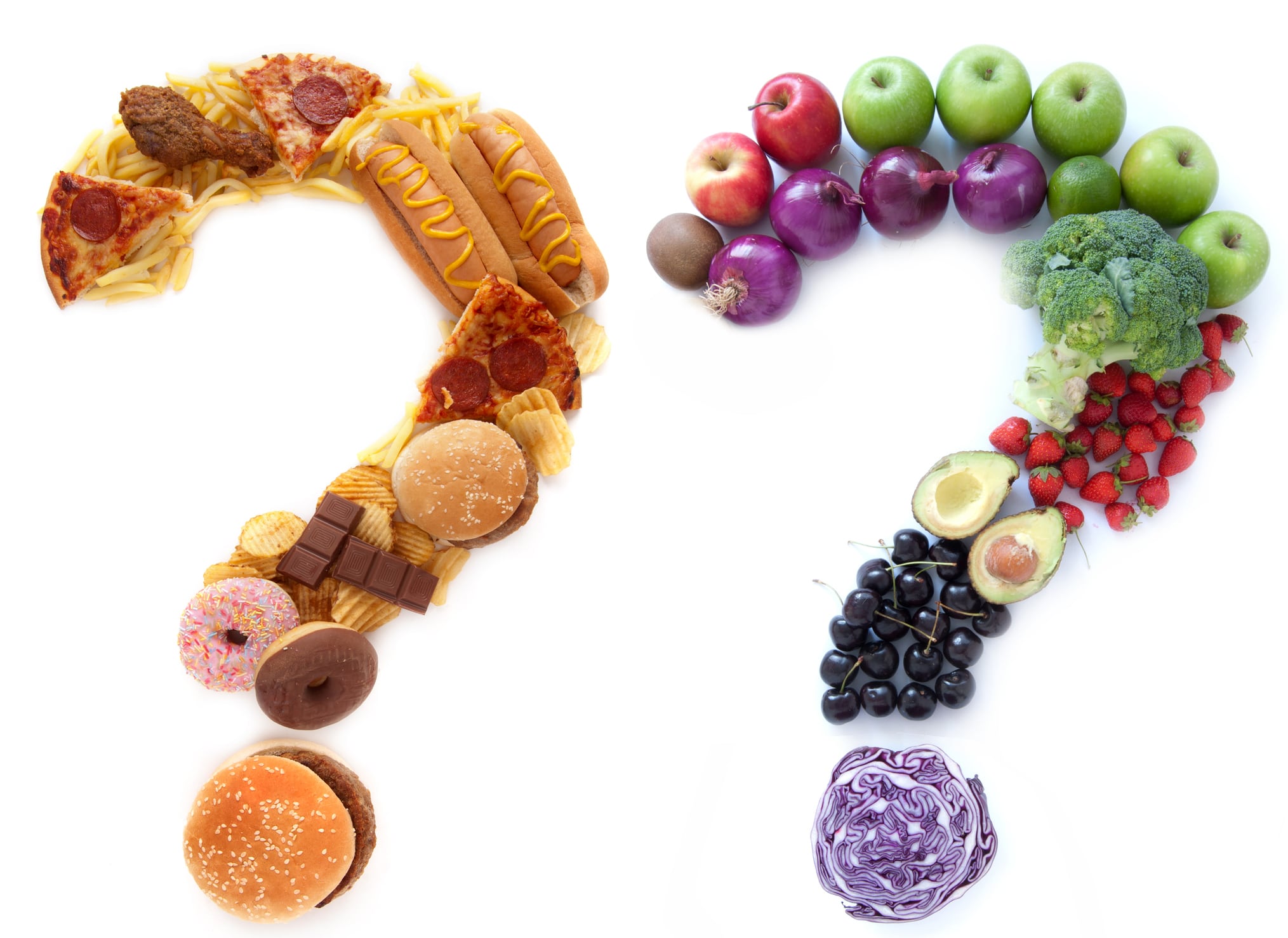
Consumption of ultra-processed foods (UPFs) across South Asia varies significantly depending on location, age, gender, and socioeconomic status, according to new findings.

Vietnam’s Vinh Hoan is maximising pangasius fish commercial potential with a circular model supporting convenient nutrition and supplement innovation

Fi Asia 2025
Indonesia aims to simplify halal certification for food SMEs, boosting global competitiveness and ensuring inclusive access for small businesses
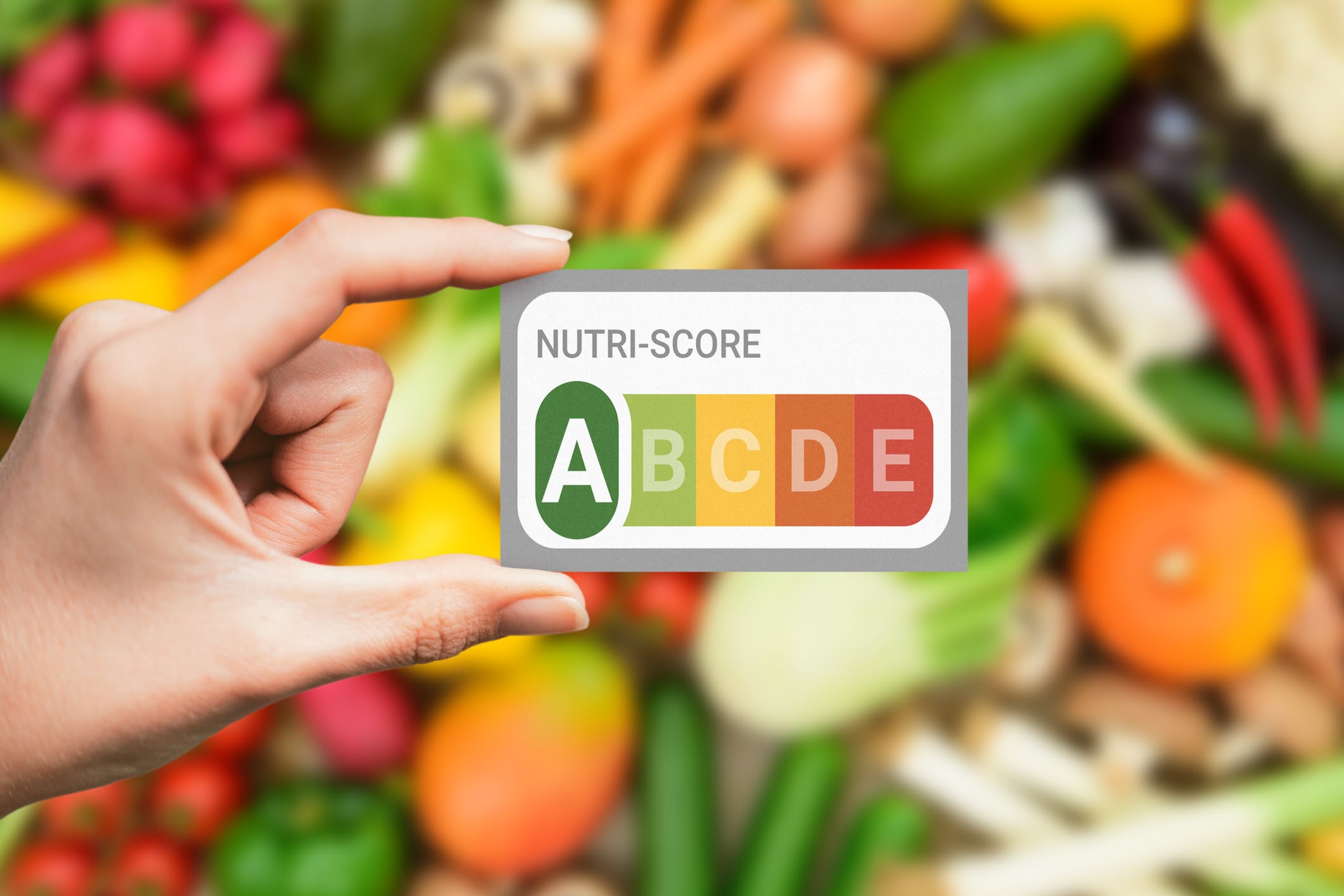
Nutri-Score has outperformed other internationally recognised labelling systems in a Saudi context, a new study has confirmed

Malaysia’s latest trade deal with the United States could have significant impacts for the food sector – but not so soon, and not all will benefit
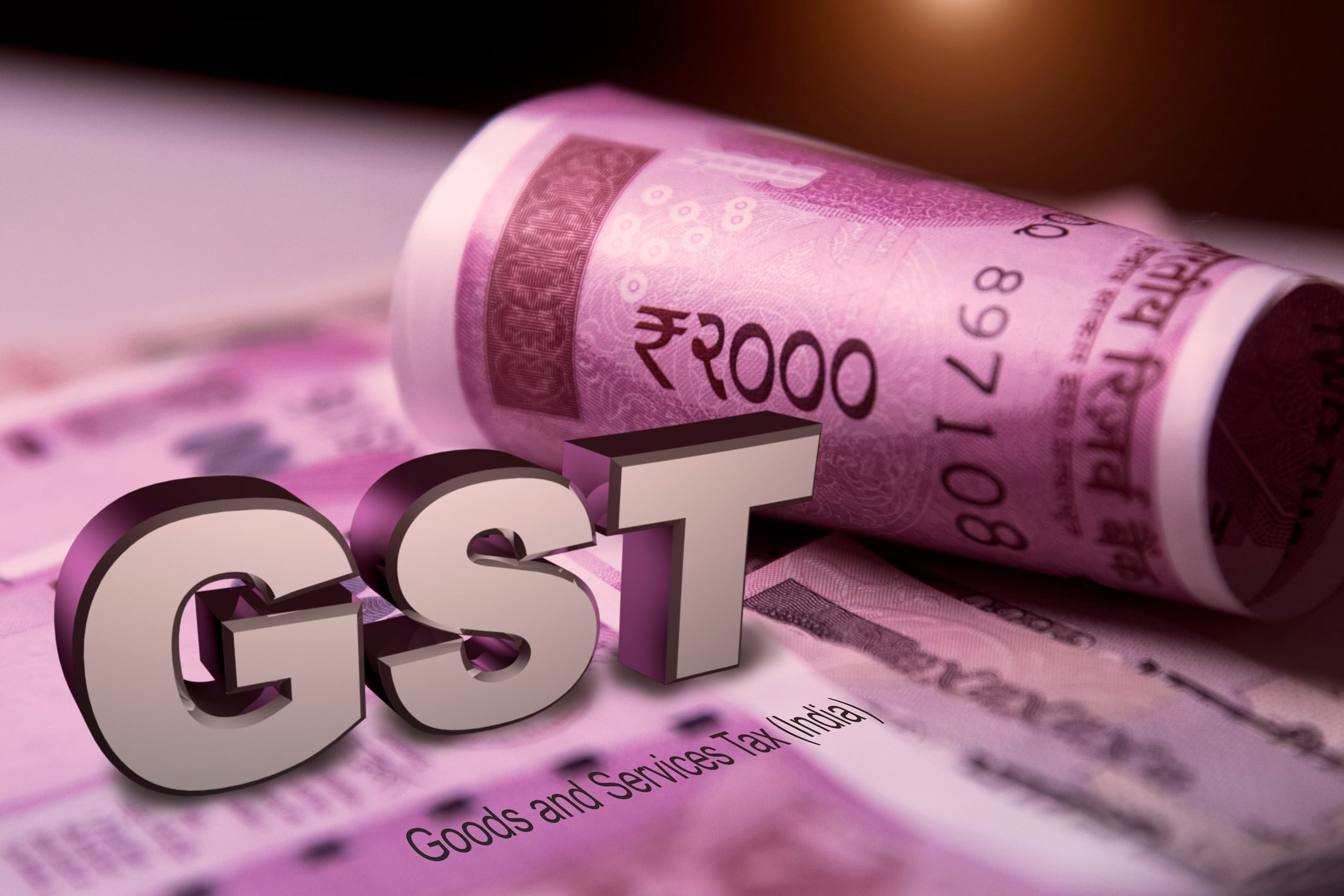
Hindustan Unilever India (HUL) is optimistic that the government’s recent tax reforms will help drive growth in the long-run, offsetting current impacts on sales
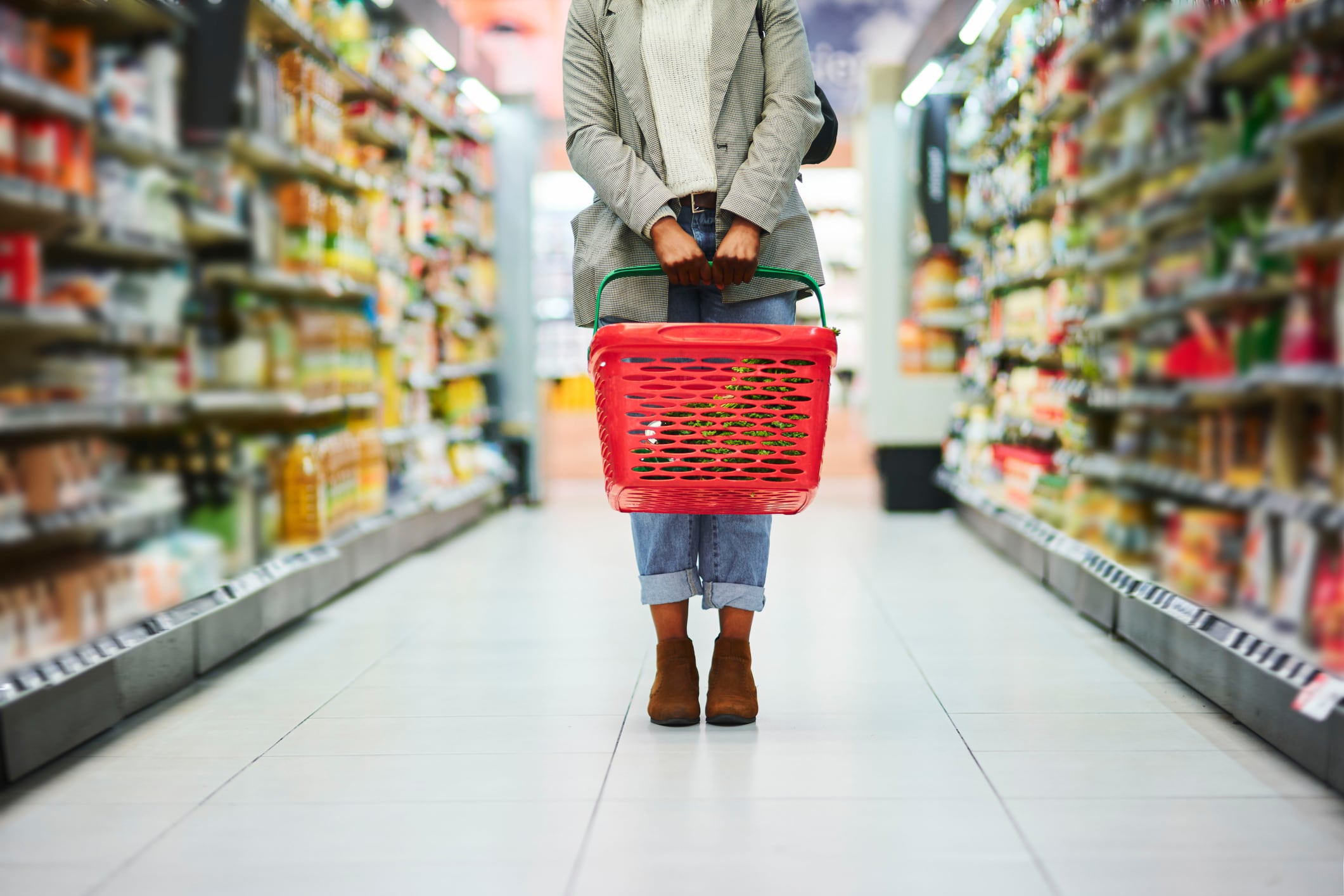
Asia holds vast growth potential for health-focused brands – but capturing it demands a balancing act between quality, affordability, and consumer trust

Thai food giant CP Foods has developed a dedicated platform to support consumers making healthier food choices towards preventative healthcare

GROWTH ASIA SUMMIT 2025
Experts at the Growth Asia Summit share 3 key insights to help food and nutrition firms tap into Asia’s burgeoning healthy ageing market

Japan’s Fair Price Project urges consumer empathy and awareness as food producers face rising costs, in hopes of ensuring food supply sustainability
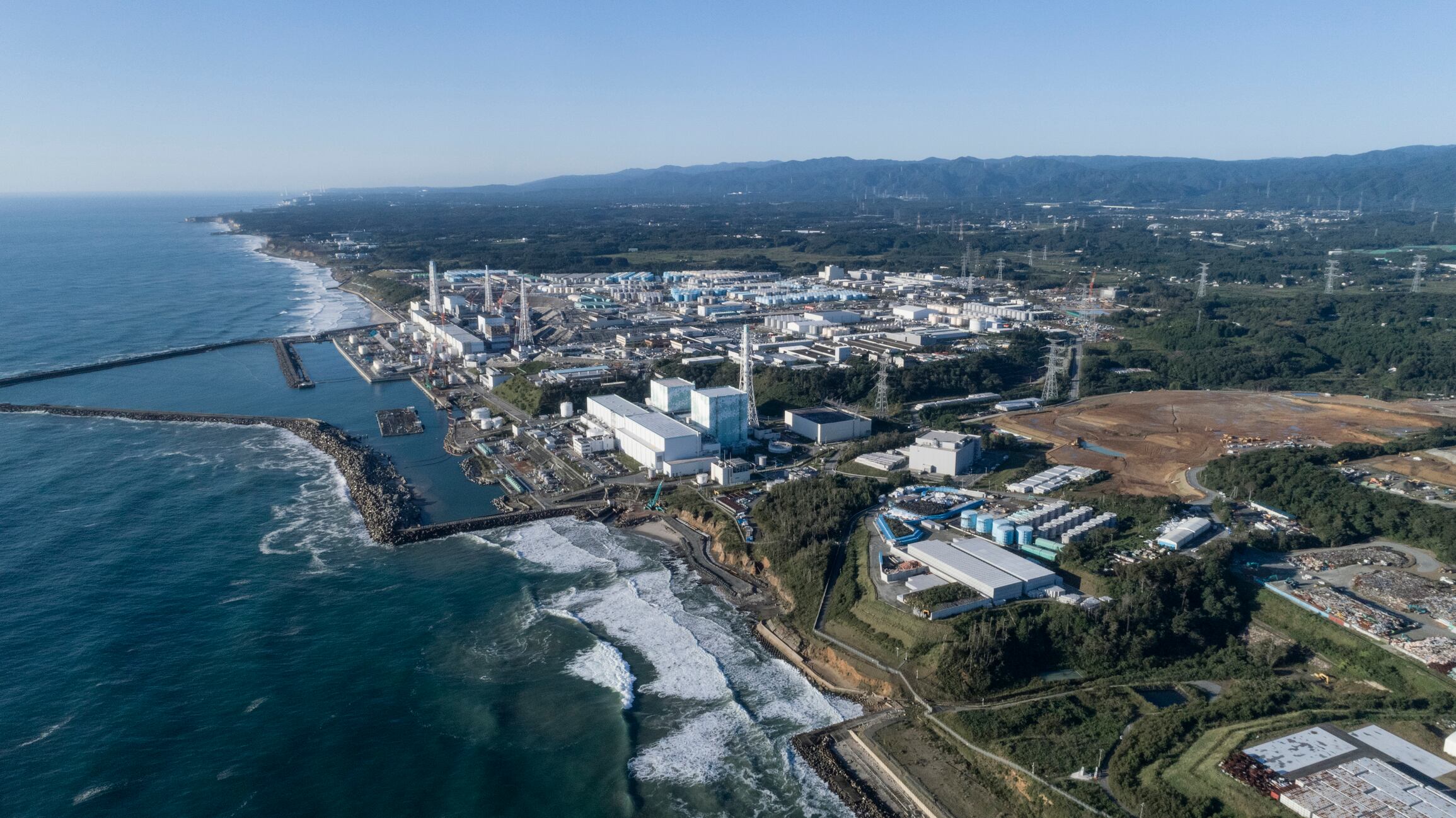
The International Atomic Energy Agency (IAEA) has launched three new reports to reiterate that Japan’s nuclear water release does not affect seafood safety

In a dramatic pivot, the EU’s anti-deforestation law looks like it will be pushed back for some, and reworked for all. Here’s a timeline to help with the whiplash

AI and cloud tech are transforming the UAE food industry amid government initiatives to modernise operations, reduce costs, and enhance supply chain efficiency
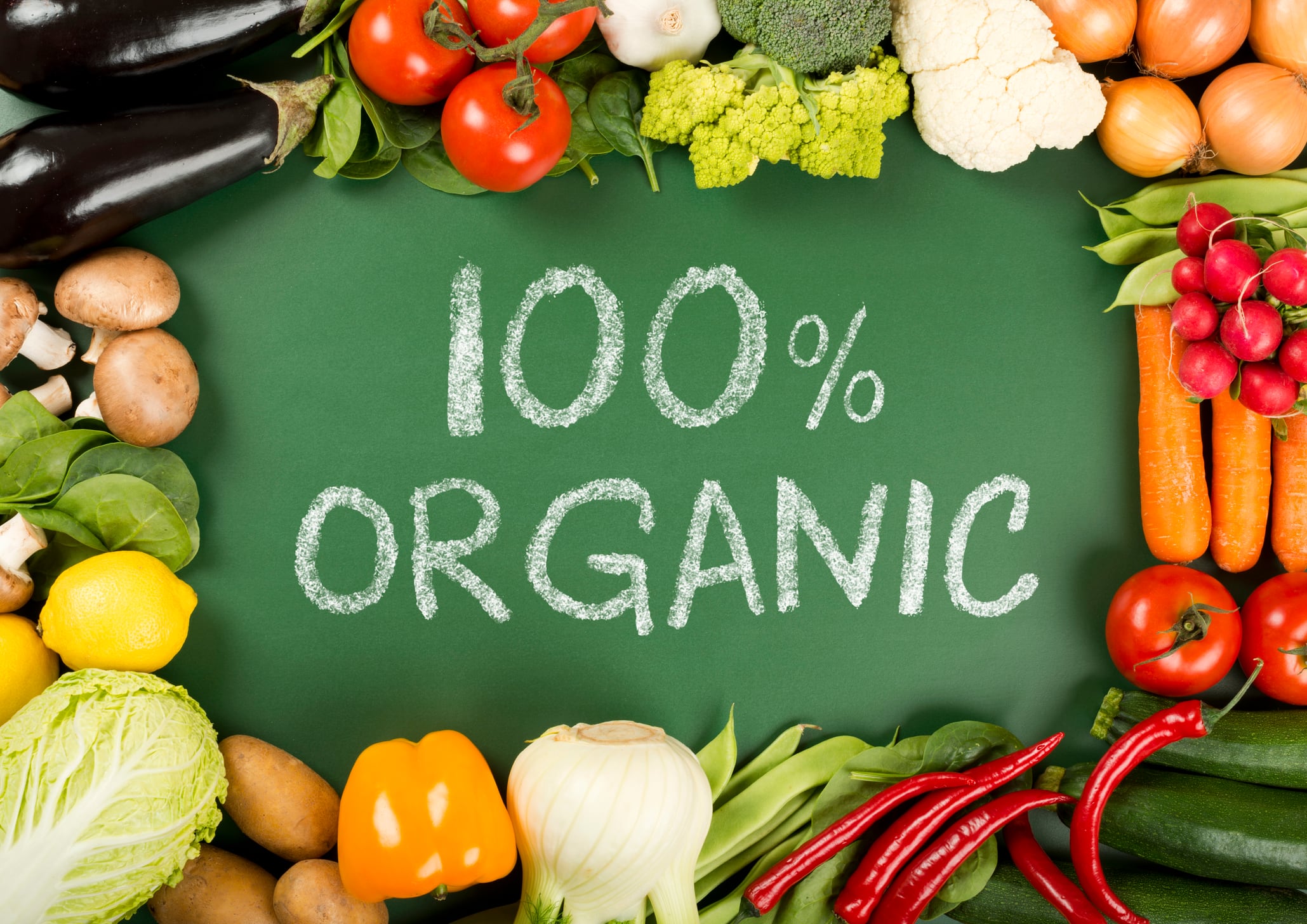
China has revised its organic food certification rules, strengthening requirements for products to obtain the Organic Product Certification Mark

Fi Asia 2025
Rice is emerging as a vital tool for Laos in its quest to develop better nutrition and reduce stunting among children nationwide
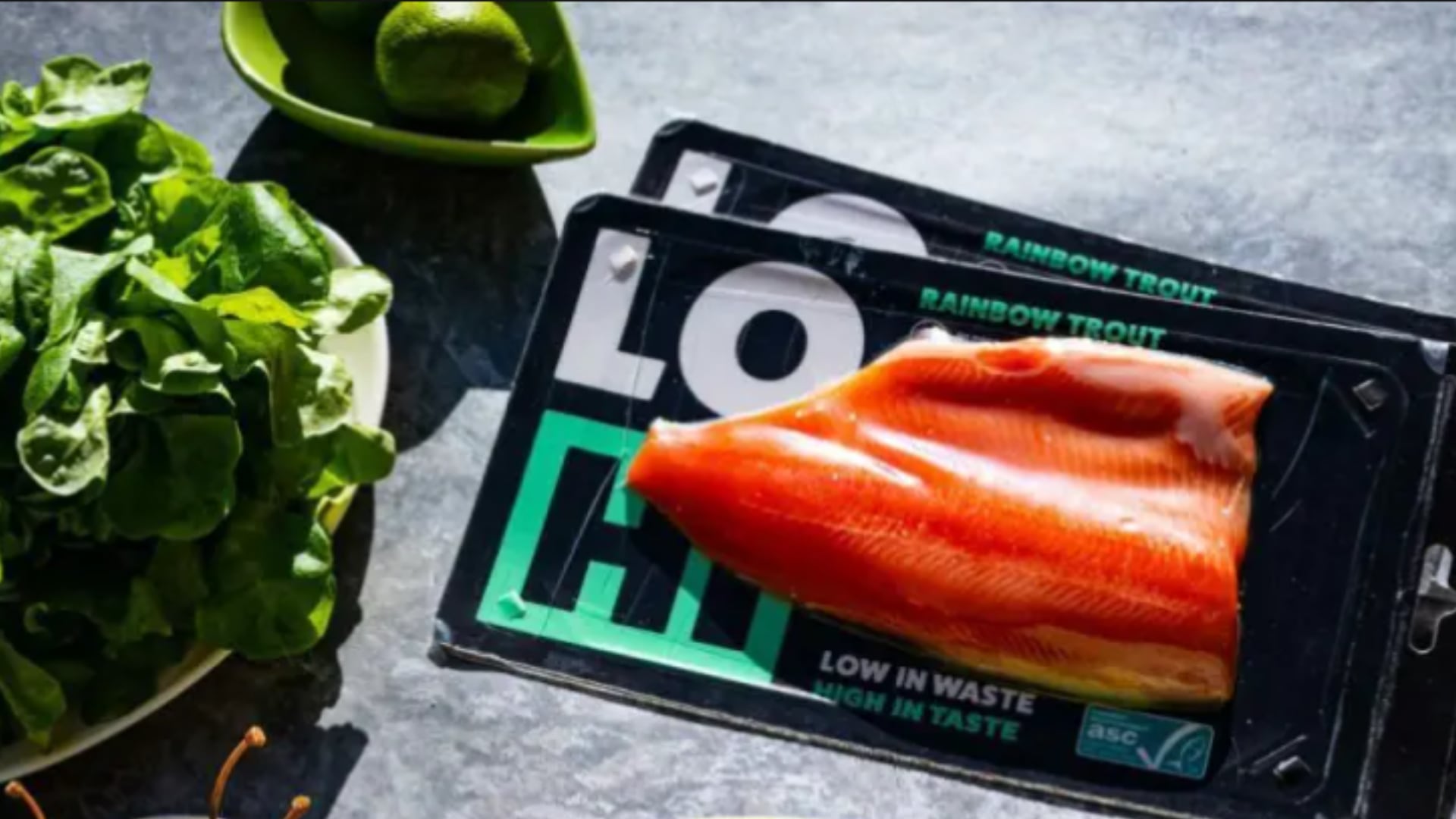
Finnforel has launched sustainably farmed rainbow trout in UAE, tapping the country’s fishing heritage and demand for clean-label convenient nutrition
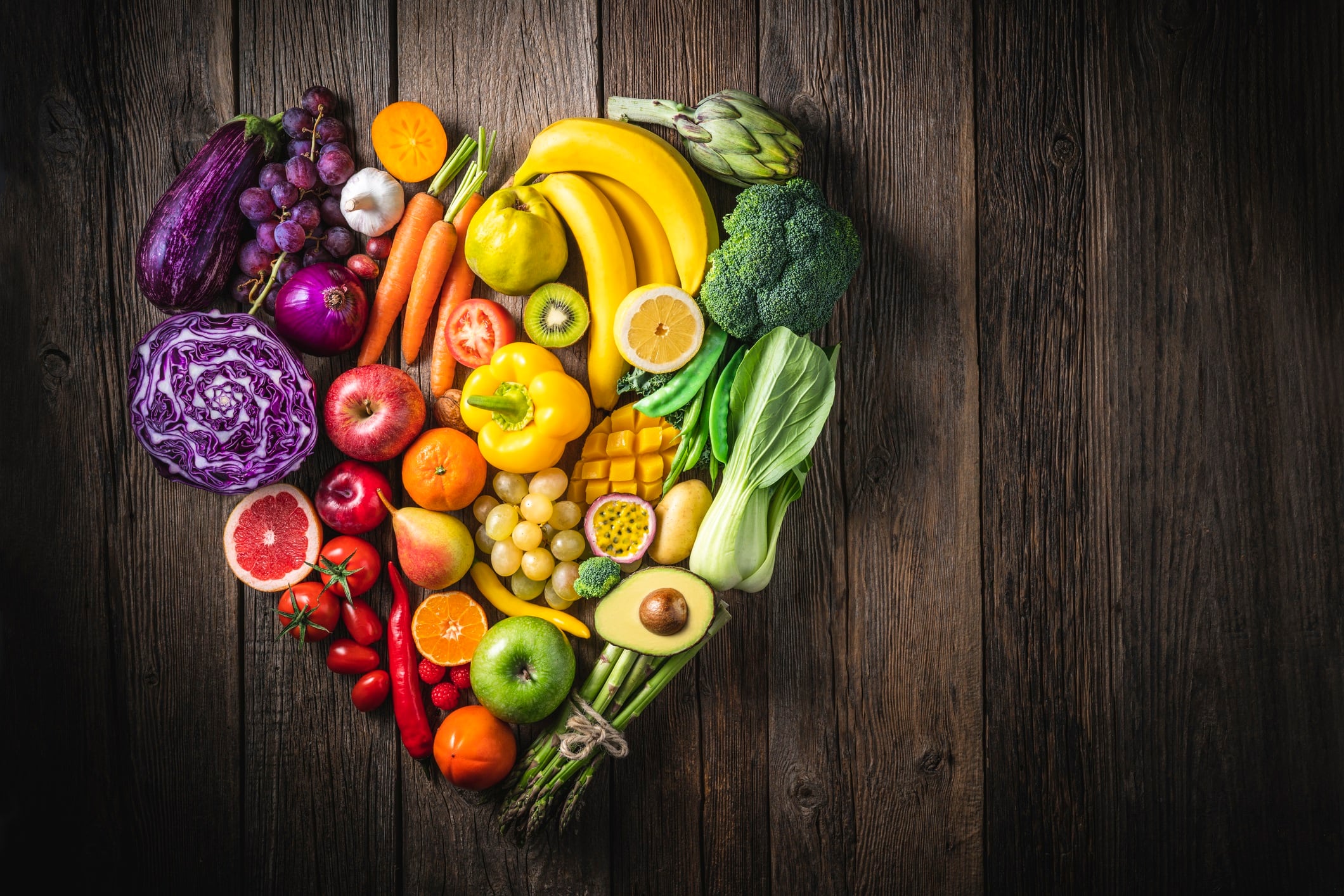
Fi Asia 2025
The clean label movement is driving fresh ways to use fruits and vegetables in food manufacturing and product innovation

With salt taxes looming and nutri-grade schemes making their mark, more APAC food firms must reformulate to meet health and regulatory demands
PepsiCo’s Greenhouse Accelerator (GHAC) APAC is driving agri-food innovation, with start-ups in the region piloting solutions alongside PepsiCo and key partners

Seafood Expo Asia 2025
Asia’s seafood appetite offers growth as exporters diversify from US tariff-hit markets, experts say at Singapore Seafood expo

Fi Asia 2025
From cost-effectiveness to flavour favourites, these are the top 5 food trends seen at Fi Asia 2025, influencing new product development in the region

A new China government food safety report shows potential pesticide risks, spotlighting challenges for authorities, industry, and consumers

From corruption allegations to sexual misconduct, explore five high-profile food industry scandals that made headlines and reshaped leadership

Opinion
ESG’s under political fire in Washington, but the snack giants keep flexing. From Oreos to Doritos, their reports show that in today’s food industry, trust’s as valuable as profit.

South East Asia has become a key target market for Irish grass-fed dairy and protein-fortified exports, tapping rising demand for health and wellness

The United Arab Emirates (UAE) will implement a tiered excise tax on sugar-sweetened beverages (SSBs) from January 2026
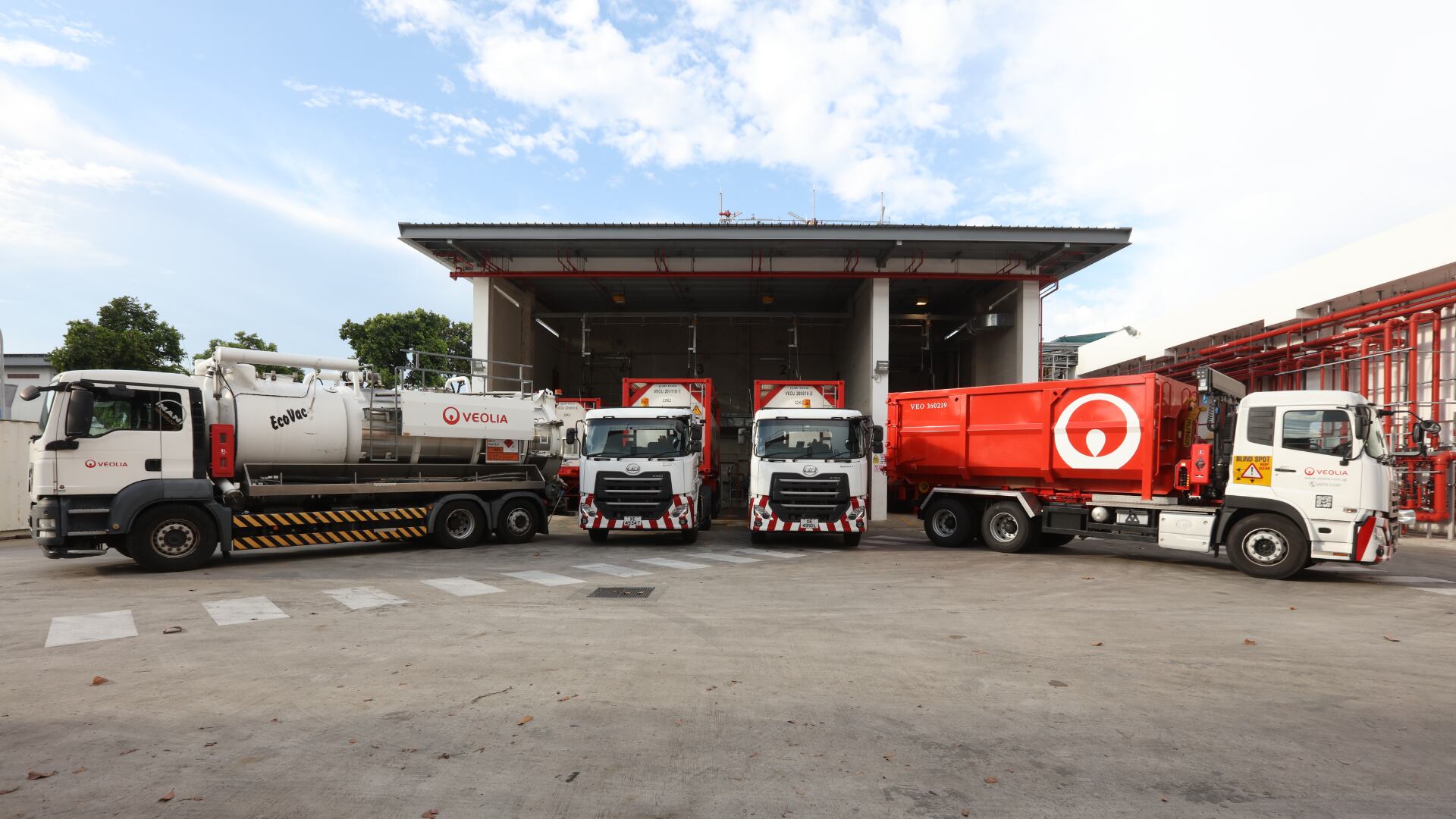
Proper waste disposal and renewable energy are key priorities for South East Asia, said the firm

PepsiCo and Unilever have decided it’s time to get serious about soil: their new STEP up for Agriculture program throws money and muscle behind regenerative farming

Fi Asia 2025
AI is driving food innovation and marketing strategies – here are four major ways experts at Fi Asia 2025 say it is shaping production and improving relevance

Sustainability September
Asian food systems face three major challenges towards achieving sustainability – find out what these are and what needs to be done to tackle them

Continuous palm oil wins for Indonesia at the WTO cast doubts on how the EU Deforestation Regulation (EUDR) will impact sustainability and trade

South Korea is responding to fake food complaints with tighter controls, hoping to safeguard local food industry standards and export trust

In response to US reciprocal tariff rates, Thai Union is planning expansions of its overseas manufacturing sites such as Ghana and the United States
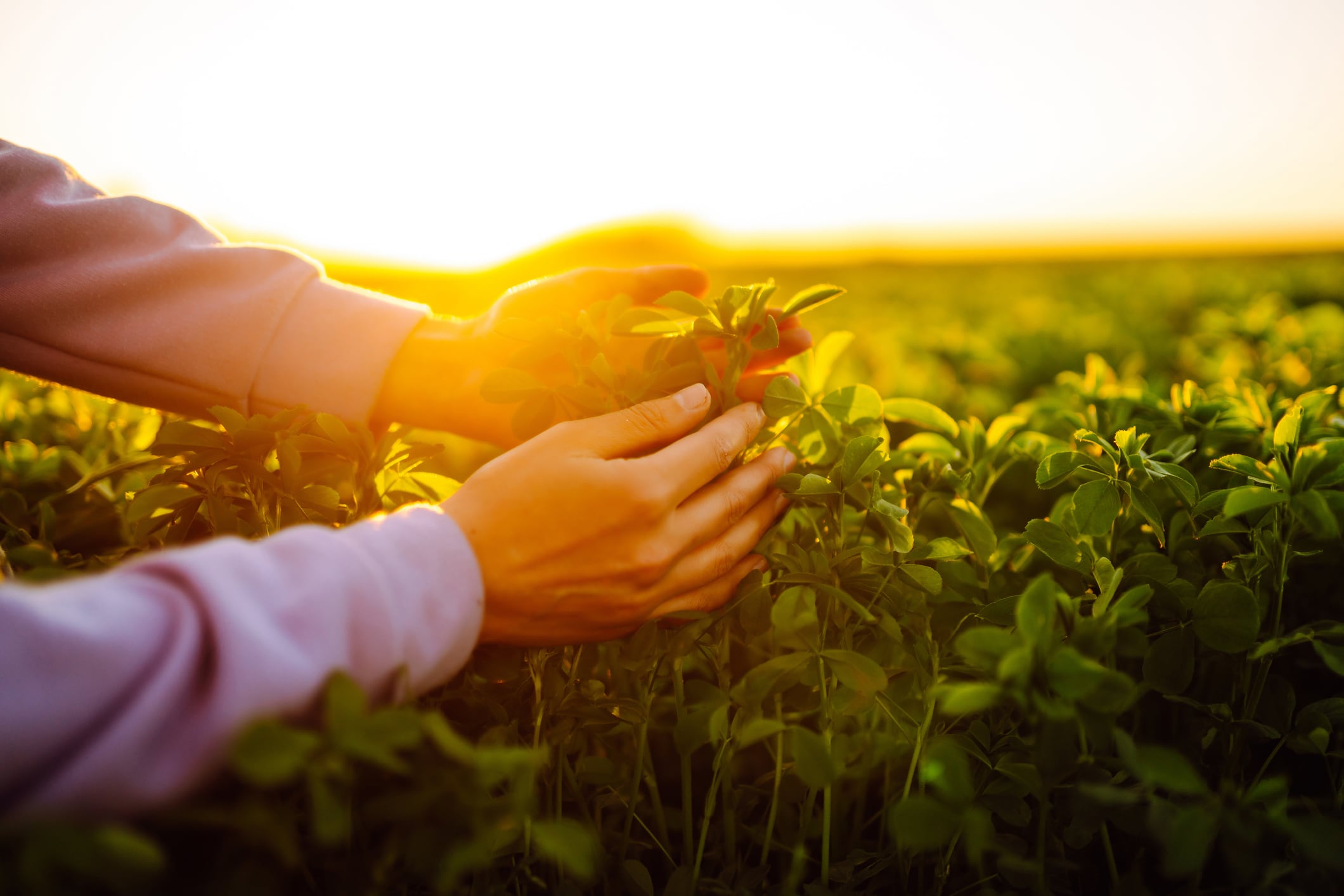
Exclusive: New Zealand-based Leaft Foods partners with Lacto Japan to bring its leaf protein into staple categories such as bakery and dairy foods

The global food and drink industry’s biggest sustainability call to action has kicked off in the first month-long Sustainable September event
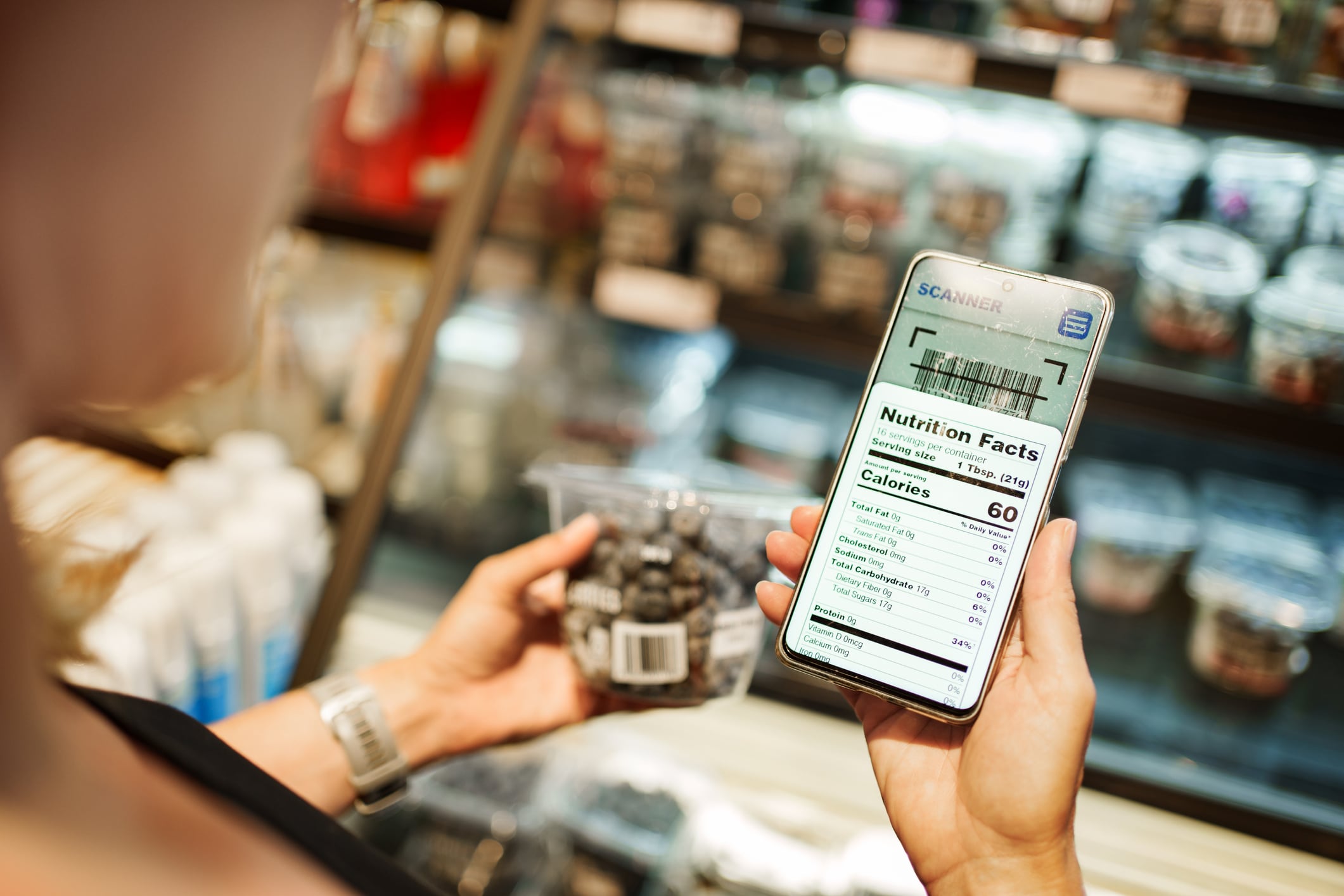
FSSAI signalled tighter scrutiny of food labelling and advertising to meet global standards after a multi-ministerial consultation

CP Foods’ introduction of chicken with space-grade standards is breaking new ground in the food safety sector, from space missions to infinity and beyond

Food tech firm Mottainai made its soy-based meat with public health in mind – a tenet that guides its food safety and nutrition policy to build consumer trust
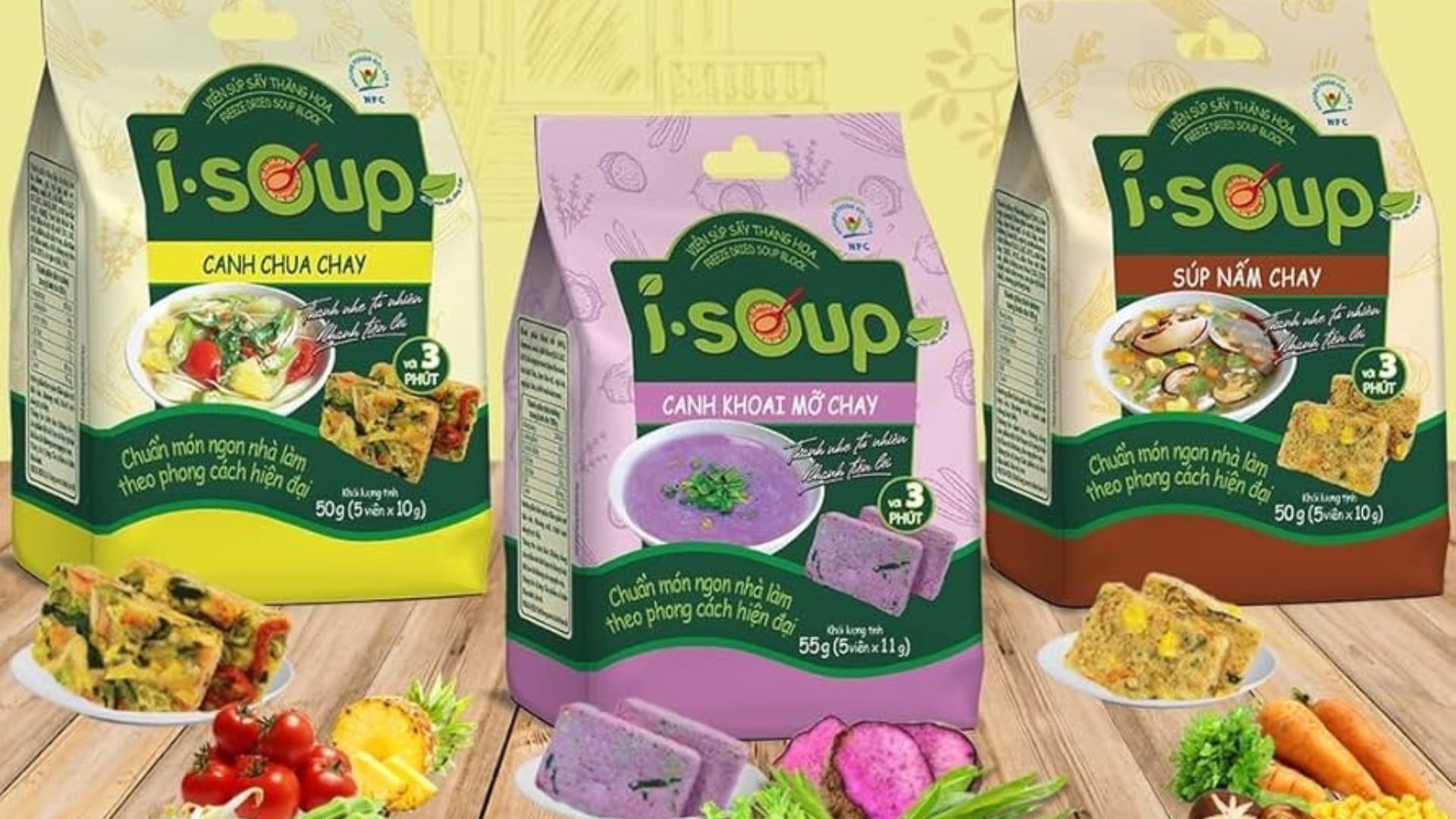
Vietnam’s Nature Foods Company (NFC) taps APAC’s ready-to-eat (RTE) food demand with freeze-drying tech that delivers safety, nutrition, and clean-label appeal

India announces stricter transparency and training mandates for e-commerce in a ‘bold but necessary’ move

As demand for halal food grows, the Middle East is emerging as a strong competitor to South East Asia in global halal manufacturing
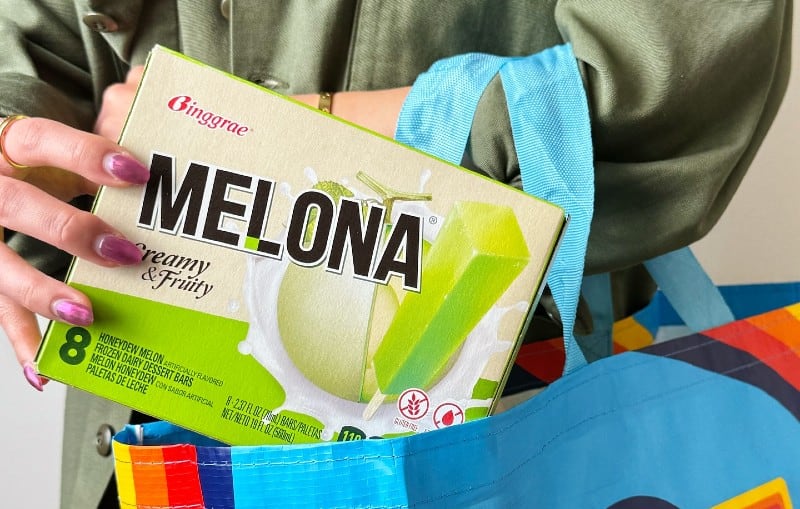
South Korean ice cream exports are rising fast, rivalling ramyeon as a top food export driven by strong demand and popularity in the North American market

India’s Zepto license suspension exposes hygiene and safety risks as APAC markets embrace rapid delivery and dark store models
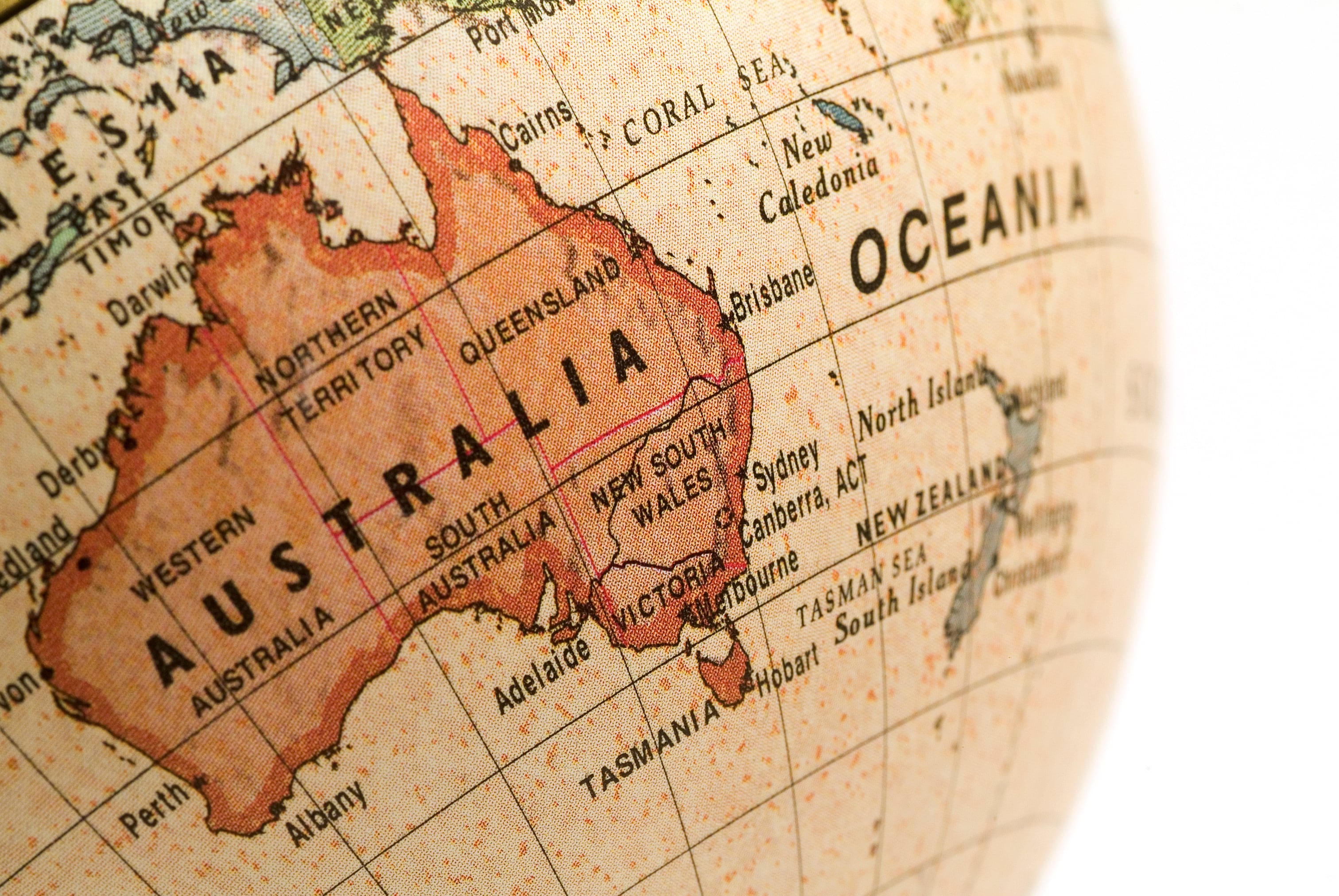
本期“聚焦澳新”包含 AIFST、Brownes Dairy、便利与健康等专题报道